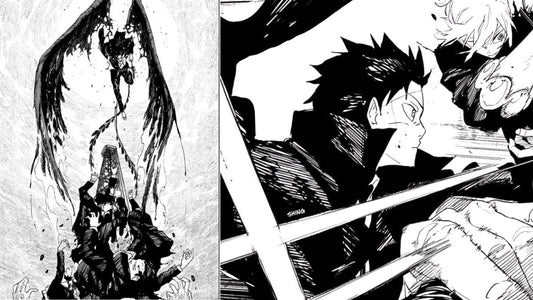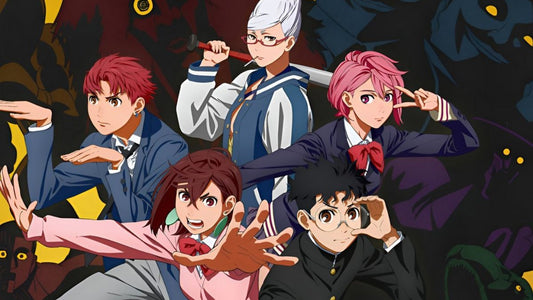
The Great Live-Action Question: Essential or Unnecessary?
Dora NaletilićShare
The modern era of film and television has brought us content that feels vastly different from what we once knew and loved. However, Hollywood seems to be caught in a cycle of remaking and adapting every successful story, especially through live-action reimaginings. Beyond video games, Japanese animation has become a major focus for Western studios, eager to recreate the success of beloved anime in live-action form. But is this trend truly necessary? While some adaptations find success, many fail to capture the essence of the original, leaving fans questioning whether live-action remakes are enhancing the industry or simply capitalizing on nostalgia.
Many Hits and Misses
Looking at past live-action adaptations, it’s clear that Hollywood’s attempts to recreate beloved anime have resulted in a mix of successes and failures. Alita: Battle Angel managed to impress audiences with stunning visuals and a faithful storyline, proving that adaptations can work when handled with care. On the other hand, Death Note (2017) was widely criticized for disregarding key elements of its source material, reigniting debates about whether these projects do justice to the originals.
Recently, the discussion resurfaced with the live-action adaptations of Avatar: The Last Airbender and One Piece, both of which received solid reviews—even from die-hard fans. However, skepticism toward live-action anime adaptations remains strong, especially after the infamous Dragonball Evolution (2009). The film was so poorly received that Dragon Ball Z’s editor blamed it for Japan’s reluctance to create live-action versions of its own animated projects.
Despite this, Hollywood has continued adapting anime, with most results falling flat. Cowboy Bebop, Death Note, and Attack on Titan all failed to meet fan expectations, largely due to their lack of respect for the original material. These repeated disappointments have sparked passionate debates within the anime community about whether live-action adaptations can ever truly capture the heart and soul of their animated counterparts.
More about live-action topic at AnimexNews.
The Limitations and Motivations Behind Live-Action Anime Adaptations
The limitations of live-action adaptations become especially evident when the source material is anime. Action sequences, deep storytelling, and character dynamics are incredibly difficult to replicate in a way that feels natural on screen. Many fans argue that the vibrant visuals, exaggerated expressions, and emotional depth that define anime often get lost in translation, leading to a version that lacks the heart of the original. Even with well-received projects like One Piece, the question remains—are these adaptations driven by passion or just profit?
Hollywood seems to view live-action adaptations as an easy way to cash in on existing franchises without the effort of creating original content. While some may see this as a cynical perspective, it’s not far from the truth. The push for these adaptations largely stems from the belief that mainstream audiences, who might not typically watch animation, would be more willing to engage with a story if it features real actors. However, what Hollywood often realizes too late is that fans don't like half-baked efforts and lack of interest in the source material. Very few live-action adaptations made a profit in the last few years, especially the anime that is adapted, which honestly answers the question of the post—live-action adaptation of the anime series' is not worth it or necessary at all.
Conclusion: Too Much Focus on Profit
Not everyone enjoys animation, which is why live-action adaptations have become so common. However, despite a few successful projects, it’s hard to ignore how Hollywood has taken a lazy approach to these adaptations. Rather than crafting original stories, studios often rely on rehashing popular franchises in an attempt to appeal to a wider audience.
This strategy may seem profitable, but it comes at a cost. Instead of embracing the unique creativity that makes anime special, these adaptations often water down the original vision. As a result, they not only fail to capture the essence of the source material but also risk alienating longtime fans who value the artistry and storytelling that anime provides.
Instead of focusing on more live-action adaptations, perhaps the industry should invest in giving legendary series like Berserk the high-quality animation they deserve. Likewise, revisiting classics with faithful remakes—much like Sailor Moon Crystal and Ranma ½—could be a better way to honor these beloved stories while keeping their original charm intact.
More about this topic at CBR,



